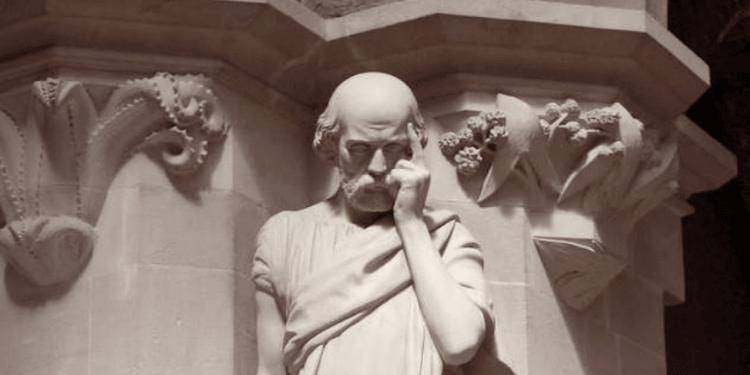
There’s an unspoken maxim coursing through the halls of every hospital and clinic: “Physicians must always put patients first—no matter the cost.” It’s inscribed, invisibly, on our white coats and woven into our very identities. Yet in our noble quest to “do no harm,” many of us have unwittingly become architects of our own suffering. At Physicians Anonymous, we call this the Silent Crisis in Self‑Sacrifice—and it’s time to confront the toll it’s taking on those who swear to heal.
When I entered medicine, I believed self‑sacrifice was synonymous with professionalism—a sign that I cared deeply enough to endure long hours, missed family gatherings, and emotional exhaustion. Early on, I wore my fatigue and sleeplessness as badges of honor. But over time, I realized that every night I stayed late to complete charts, every weekend I covered extra calls, I was eroding my own capacity to care.
This crisis isn’t marked by dramatic departures or headline‑grabbing errors; it’s far quieter. It’s the internal whisper that asks, “Am I enough?” after a 24‑hour shift. It’s the creeping resignation that your personal well‑being is a trivial footnote in the story of patient care. And it’s the collective blindness to how our culture valorizes self‑neglect, even as it decries physician burnout.
Medicine historically glorifies the martyr: the physician who valiantly works through illness, family crisis, or personal tragedy. While these stories inspire awe, they also set an unrealistic standard. Younger doctors internalize the message that asking for help equals weakness—so they soldier on, often at great personal cost.
Our institutions rarely articulate how much personal time we should sacrifice. There’s no official policy that says, “You must miss your child’s recital twice a month.” Yet subtle cues—offhand comments, peer comparisons, unspoken norms—ensure we overextend ourselves in the name of dedication.
Modern healthcare systems blur the boundaries between work and life. Electronic health records ping us at all hours, performance metrics demand constant attention, and collegial pressure nudges us to volunteer for committees and teaching—without compensatory time. Before we know it, our “self‑care” is relegated to a few minutes of scrolling through social media.
The consequences of unchecked self‑sacrifice ripple through every corner of a physician’s life:
The Hippocratic Oath compels us to avoid causing harm. But if we perpetuate a culture that enables self‑harm through exhaustive schedules and emotional suppression, we violate that oath ourselves. At Physicians Anonymous, we advocate for a radical reframing:
Let me share one story. Dr. Sophia Ramirez*, a pediatrician and mother of two, spent years working 60‑hour weeks. By the time she joined our support group, she described herself as “a shell of the doctor I wanted to be.” Through peer coaching and boundary training, Sophia negotiated a job-share arrangement that cut her clinical hours in half—without significant income loss. She reclaimed time with her family and rediscovered the joy of patient care. Her children saw her present at their school plays. Her patients saw a calmer, more attentive physician.
Sophia’s example shows that prioritizing self‑care need not jeopardize careers—it can revitalize them.
The Silent Crisis in Self‑Sacrifice will persist until we confront the cultural norms that fuel it. This isn’t an individual failing—it’s a systemic one. As physicians, we must:
And as institutions, we must:
Our patients depend on our dedication—but they also depend on our humanity. True commitment isn’t measured by hours logged, but by the quality of presence we bring to each encounter. When we redefine self‑care as an act of professional responsibility, we honor the very essence of “do no harm.”
Let us heal ourselves with the same compassion we extend to others. Only then can we sustain our calling, safeguard our well‑being, and deliver care with both excellence and empathy.
